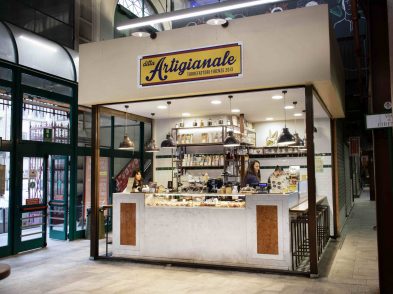Italy’s majority government has launched another
national crusade aimed at public decorum. This time, ministers have targeted graffiti
writers, claiming that tougher sanctions await those who intentionally mark
public and private buildings and structures.
The tough anti-graffiti sanctions will be among
amendments to the controversial security package passed earlier this year and expected
to get swift parliamentary approval on November 11. Leaving graffiti will carry
a criminal charge resulting in jail terms of six months to two years, and fines
from 1,000 to 3,000 euro. Those caught in the act and subsequently found guilty
will assume the costs of cleaning graffiti from the property, whether public or
private.
In a rare accord, both majority leaders and members of
the opposition agreed on the stricter sanctions against graffiti. Centre-right
politician Giorgio Jannone maintains that the country’s artistic and
architectural jewels need to be safeguarded against such ‘flagrant and vulgar
acts of vandalism; graffiti is an act of vandalism that strikes in an insidious
manner in which the culprits are hardly ever caught in the act’.
The latest amendments also
include tougher measures against convicted mobsters, a national census of the
homeless and a points-system and language test for immigrants who request
residency in Italy.








